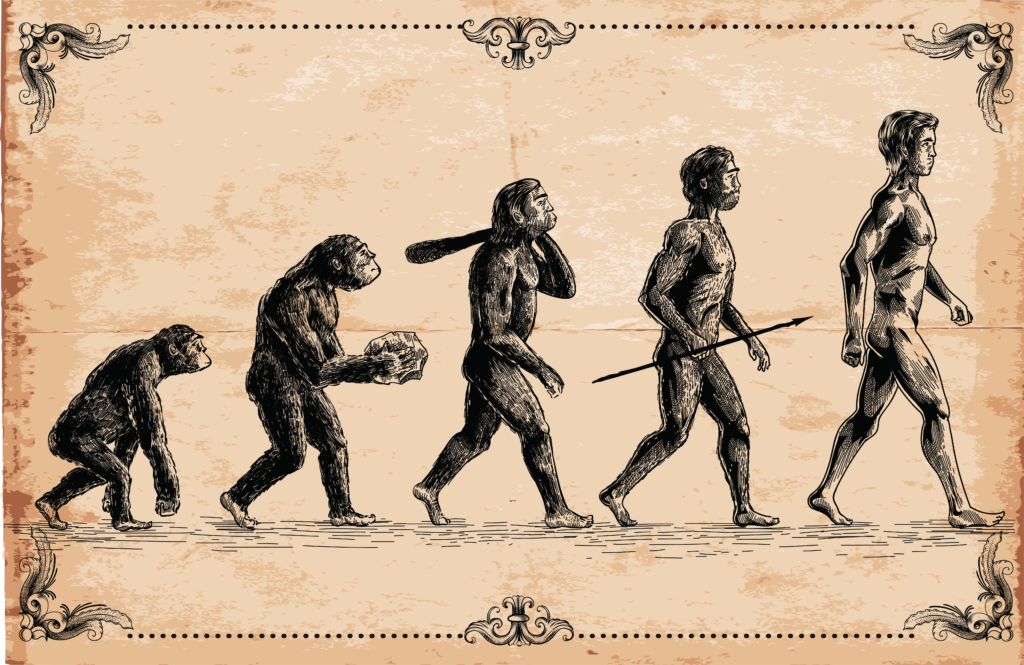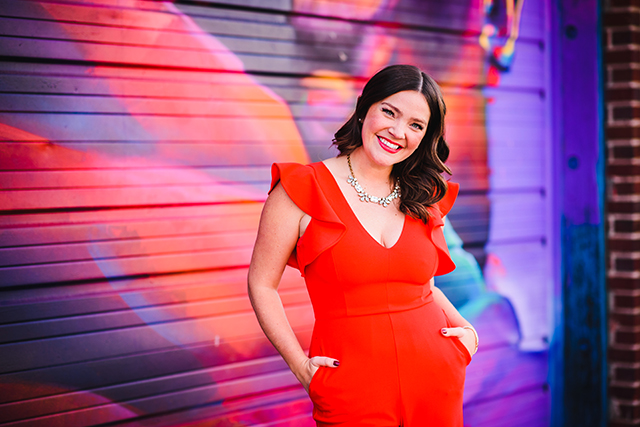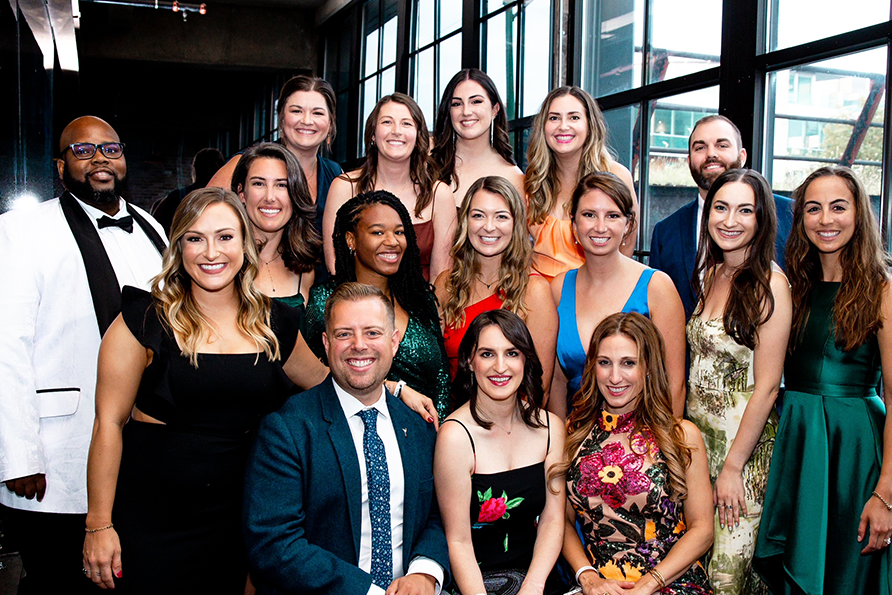In today’s digital age, social media and other digital means of communicating have given anyone with internet access a microphone and a platform to connect to people around the world 24 hours a day, seven days a week. It’s easy to see how this has fed an increasingly polarized world where many issues are boiled down to two options: fit in or get out.
Good or bad, social media is here to stay. And, it presents us all with the increased responsibility to look past the surface and dig deeper to find nuance in today’s biggest issues. The unbridled exchange of information on the internet has never met its match in terms of ensuring accuracy and consistency, which is why we must individually confront ourselves, our biology, and our biases to find a truer, more nuanced picture of the issues.
Our brains, thoroughly advanced compared to most other creatures, have quite a bit going on. For survival, and maybe in part to protect our sanity, our brain actively but subconsciously simplifies things for us, boiling things down so we can easily decide on a course of action. You can imagine how this would have been helpful early in our evolutionary history as humans contended against a dangerous world without technology.

This simplification process by our brains, however, is not without its negatives. As we progress towards a more infinitely connected globe than anyone could have imagined, our simplification process steals the role of nuance and turns a world filled with gray into black and white. Any mature adult knows that isn’t the case, so how do we combat our natural tendencies to dig past the surface and appreciate the nuance in a given situation?
It isn’t easy, and that’s by design: but we owe it to ourselves and our communities to embrace the responsibility of understanding multifaceted issues and making nuance our goal.
Biases
To begin the quest towards nuance, we must first acknowledge our own shortcomings as humans. Our collective list of said shortcomings could fill more than enough libraries, but there are a few crucial elements to be aware of, the first of which is our many biases.
Biases come in many forms, but there are four key ones you should be aware of to help you recognize the pitfalls in your own thinking and strive toward a more nuanced understanding of pertinent issues around you.
- Confirmation bias: A phenomenon wherein humans “search for, interpret, favor, and recall information in a way that confirms or supports one’s prior beliefs or values.”
- Wishful thinking: Believing in only what we wish were true.
- Overconfidence bias: Where individuals have excessive (and often unfounded) confidence in their beliefs. One study highlights that people who insist they are 100% correct are actually wrong 85% of the time.
- Bias Blindspot: What makes it easy for us to recognize pitfalls in others, but stops us from seeing these same pitfalls in ourselves.
The problems that arise from these biases are straightforward. All of them boil down to our brains preserving comfort and security in familiar knowledge and information rather than seeking out something which might prove us wrong or make us uncomfortable. For many, these biases are lived out from birth until death, coloring one’s perception of the world without any resistance or correction, but for those willing and wanting to dig deeper, there are methods to counteracting these biases that are possibly as straightforward as the problems they create.
Counteracting biases
Counteracting biases and working against our own natural inclinations is a discomforting experience, which again, is by design.
To lay the basis for counteracting your innate biases, you must first loosen your grip on pre-existing beliefs, and actively seek out contradicting viewpoints or perceptions. By engaging with information that doesn’t support your opinion, you fulfill the epistemic necessity of looking at the most relevant data you can, instead of the hand-picked stats that the internet or the media could present.
Hand-picked stats draw a lot of ire, but again, the basis of this exercise is understanding, not conversion. By putting aside your own cherry-picked selections and taking into account the selected data of the opposing argument, you will arrive at not only a more nuanced picture of the issue, but a more balanced one as well.
Counteracting wishful thinking amounts to more of the same, where you should attempt to hear arguments of lifestyles that seem out of your wheelhouse or inconvenient to you. This counteracts the bias because we often fall in line with whatever works without ever exposing ourselves to something new, just because. By simply hearing and learning about other viewpoints, we can better argue for our own ways of living, and also learn more about the world around us, and why others do what they do.
As you can probably tell, counteracting our innate biases lies in our intellectual power of comprehension and memory. Engaging fully with all the world and life has to offer exposes us to more and more truths so that we can truly find our own path forward without simply being a product of our environment, or a pre-programmed drone.

Assume the best and explore yourself
Because of the overconfidence bias, it’d be understandable if you scoffed at the simplicity of these counteracting methods, but I encourage you to suspend your judgement and approach each situation seeking first to understand before being understood.
Biases govern so many different facets of human nature, but they are wholly vulnerable to a positive and eager mind that engages with other people and viewpoints on a charitable, human level. Love is in our nature, and by embracing this tendency, we can engage with not the worst of another’s perception, but the most positive manifestation of their viewpoint and move closer to understanding the what and the why of things.
Nuance is critical, and not to upend or modify your beliefs, but also to support them, grow them, and move closer to understanding and fulfillment. We are all a victim of the human condition, but by engaging positively with one another and believing the best before lamenting the worst, we can live life to the fullest and grow our mutual respect and understanding for each other.









